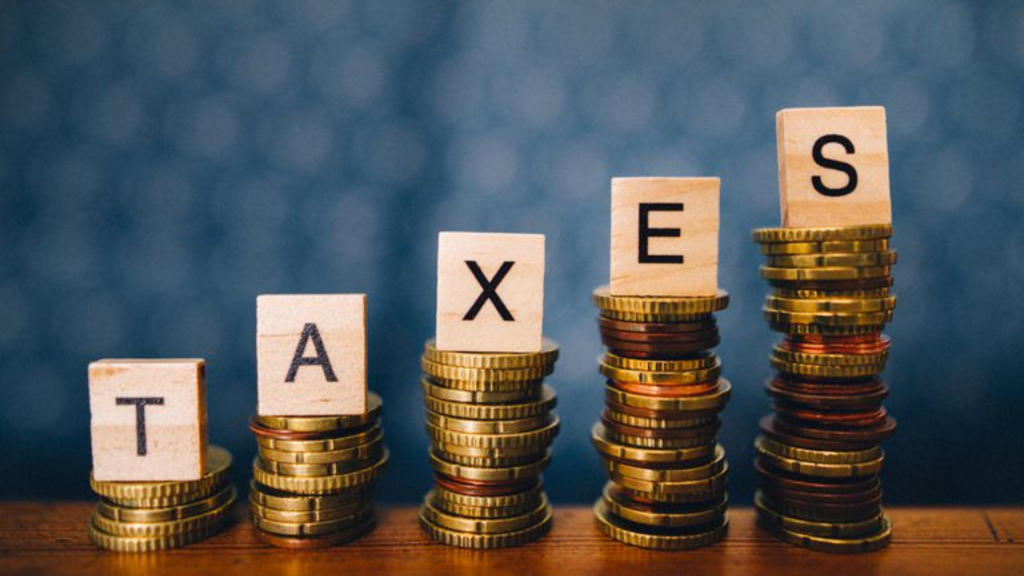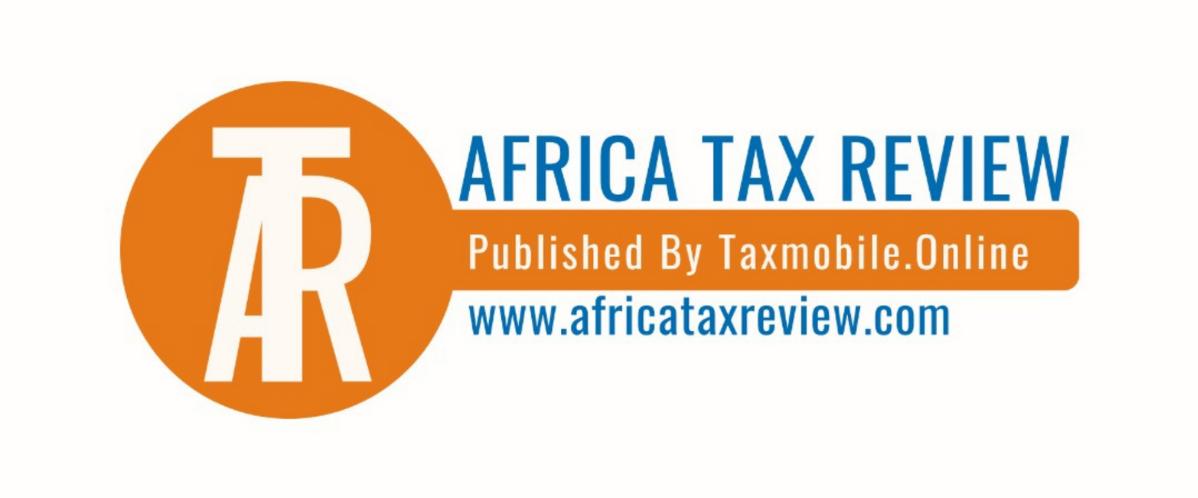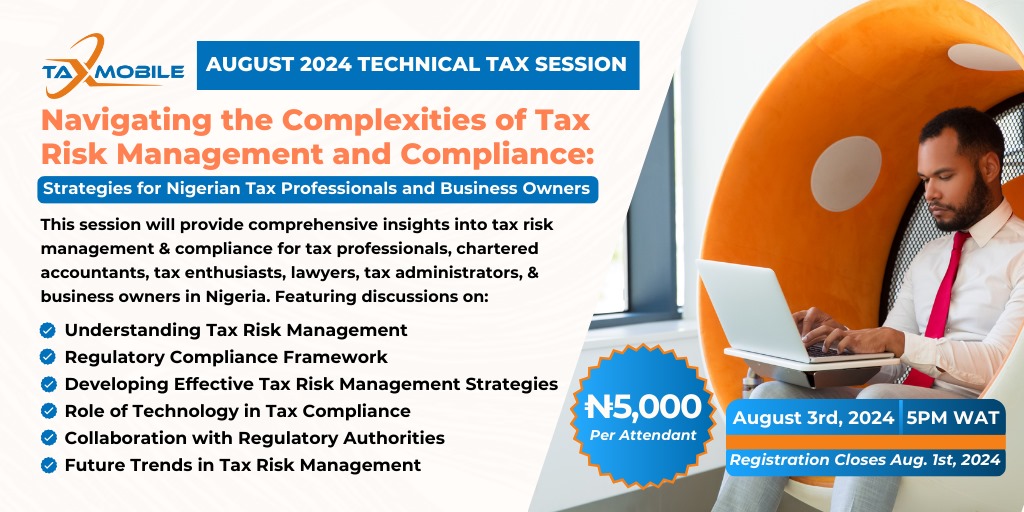
Tax hikes In South Africa to fund the implementation of a Basic Income Grant, BIG as part of efforts by the South African president Cyril Ramaphosa, and Social Development Minister Lindiwe Zulu to mitigate poverty in the country have received pushback.
This push back is according to a study from Intellidex, executing this plan, especially in a country that has been ranked as the most unequal nation might impact negatively on the economy and likely lead to the emigration of taxpayers.
Business Organizations have also warned against this, stating that the country can’t particularly afford to implement this plan, and borrowing money to finance it would be unreasonable.
It was stated that the execution of this plan would cost anything between R20 billion ($1.2 billion) and R2 trillion a year, and since the country can’t afford it due to the poor state of its finances, the only other option is to hike taxes.
Intellidex cautioned that the government needs to tread carefully to ensure that the entire project doesn’t end up having the opposite effect of its intended goal.
Intellidex further stated that most of the country’s taxes are generated from a small number of people and companies, while its personal and corporate tax rank as the 24th highest out of 118 countries assessed by the OECD.
It mentioned that most of the proposals for a basic income grant would require raising between R50 billion and R100 billion a year.
The group warned that hiking taxes to implement this grant may push some taxpayers to draw back from the tax system by emigrating to jurisdictions where taxes are lower and/or where they feel they may receive a better return on the taxes they pay.
It stated that most proposals ignore the wider consequences of hiking taxes as they assume in most cases that the additional income for poorer households will counter the tighter spending from taxpayers who fund the grants.
They don’t consider the fact that a tax increase would have large secondary effects on the economy with the inclusion of lower savings, higher interest rates, increased borrowings, reduced spending on other initiatives in government, increased avoidance, emigration, and so on.
It stressed that this plan should not be executed at the expense of the country’s financial stability and economic growth.
Intellidex warned that if the plan isn’t properly implemented, it could destabilize the country’s public finances, leading to a default on debt or rising inflation.
It mentioned that if the country aims to use Personal Income Tax (PIT) which is currently 45% as a way to raise the needed funds, it would need to raise it by between 9% and 19%. Value Added Tax (VAT) on the other hand would need to be raised by between 14% and 29% while Corporate tax would need to be raised by between 24% and 47%.
According to Intellidex, the best option would be to raise the Value Added Tax (VAT), seeing that the level is relatively low by international standards.
Tax hikes In South Africa: About Intellidex?
Intellidex is a research and consulting firm that specializes in capital markets and financial services. It offers market research, litigation support, financial wellness, digital product development, and other services.
Follow us on Twitter for more update
DISCLAIMER
The information contained herein is general and is not intended, and should not be taken, as legal, accounting or tax advice provided by Taxmobile.Online Inc to the reader. This information remains strictly the opinion of Taxmobile.Online Inc.
The reader also is cautioned that this material may not apply to, or suitable for, the reader’s specific circumstances or needs, and may require consideration of other tax factors if any action is to be contemplated. The reader should contact his or her Tax Advisers before taking any action based on this information.
All rights reserved. No part of this document may be reproduced, retransmitted or otherwise redistributed in any form or by any means, electronic or mechanical, including by photocopying, facsimile transmission, recording, rekeying, or using any information storage and retrieval system, without written permission from Taxmobile.Online Inc.

